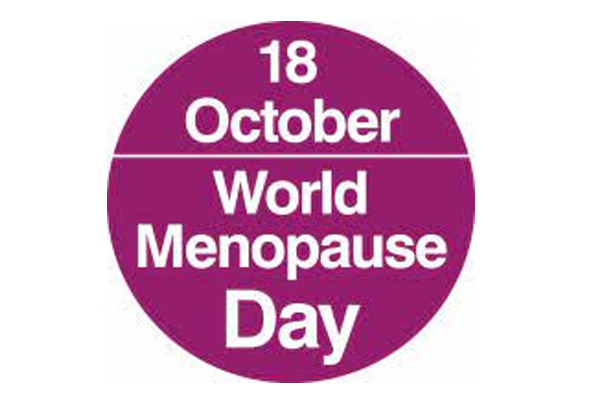On this year’s World Menopause Day, which is held every year on the 18th October, working women are calling for better workplace support and education for women going through the menopause.
The day was designated by the International Menopause Society (IMS) to raise awareness of the menopause and to support options to improve health and wellbeing for women in mid-life and beyond.
The theme for World Menopause Day 2022 is Cognition and Mood. The International Menopause Society said the White Paper will be published in the October 2022 issue of Climacteric with permanent free access. Translated versions of the paper and consumer leaflet are available to download here.
BETTER SUPPORT FOR WOMEN
Ahead of World Menopause Day on 18 October, the UK’s All-Party Parliamentary Group (APPG) on Menopause inquiry called for more workplace policies and support to help women’s health. The group, which is currently lobbying NHS-funded menopause health checks and for hormone replacement therapy (HRT) prescriptions to be made free in England in line with the rest of the UK, noted that “the majority of employers do not consider menopause a proper health condition and do not have policies in place to support staff going through it”, and have called for businesses to drive change.
APPG also wants a government-coordinated and employer-led campaign to raise awareness and help tackle the taboo. Its inquiry has suggested that the menopause should be treated as a “core employee health issue” and that the business case for investing in employee support should be promoted. It has also called for government guidance for employers on menopause at work policies.
TACKLING THE MENOPAUSE TABOO
According to Carolyn Harris, Chair of the APPG on Menopause, symptoms can lead to the “breakdown of personal relationships and jeopardise careers, with women being forced to take additional days off or leave work altogether, putting their financial situations at risk. She believes the consequences for women suffering with menopause symptoms who cannot get the right treatment can be severe, making it difficult for women over 50 to remain in employment, let alone get ahead in their careers.
Other experts are calling for better education around menopause for all in the workplace. Debra Clark, Head of Specialist Consulting at Towergate Health & Protection, is calling for menopause education in the workplace to be for everyone, not just people going through menopause. She believes there is a great deal of misunderstanding surrounding the symptoms and impact of menopause. “Everyone will be impacted by the menopause at some point in their working lives, either going through it, or knowing someone going through it. So it’s vital that education and awareness isn’t only directed at people going through menopause, it must also be inclusive of all genders and all ages. Increased understanding is the first step in creating a culture that’s supportive,” shared Clark.

BETTER EDUCATION
“Employers are in a unique position to be able to offer information and support on menopause and its impact. The positive effects of greater education will help the individuals involved, their families, colleagues, as well as the business itself. Workplace support won’t be as effective if it isn’t offered widely enough,” explained Clark. “Education is arguably even more important for employees that work overseas, where different cultures also need to be taken into account.”
Towergate Health & Protection’s Head of international Sarah Dennis, highlighted how the menopause may not even be recognised as an issue in the workplace in many countries, much less talked about openly and positively. “International employers must therefore actively support employees affected. The first step to be taken is to create awareness and to share information – to normalise the discussion of menopause and its symptoms,” she explained. “Menopause support for international staff must be particularly well communicated as there are so many more barriers to uptake, given geographical and cultural distances and differences.”
With some cultures being much more hesitant to discuss the issues, workplace education has an even greater role to play on a global basis. “Simple options to improve the work environment include providing desk fans, allowing uniform adjustments, and the freedom to take breaks as required. This may all seem obvious in the UK but may not be so commonplace in other countries,” added Dennis. “There is now a great deal more structured external support available from health and wellbeing specialists for overseas employees going through perimenopause or menopause. It is possible to arrange access to specialist menopause practitioners, for example, to talk about an individual’s unique symptoms and to seek clinical medical advice.”
RELATED ARTICLES
Check out the following articles to continue the conversation on getting better menopause support at work:







































